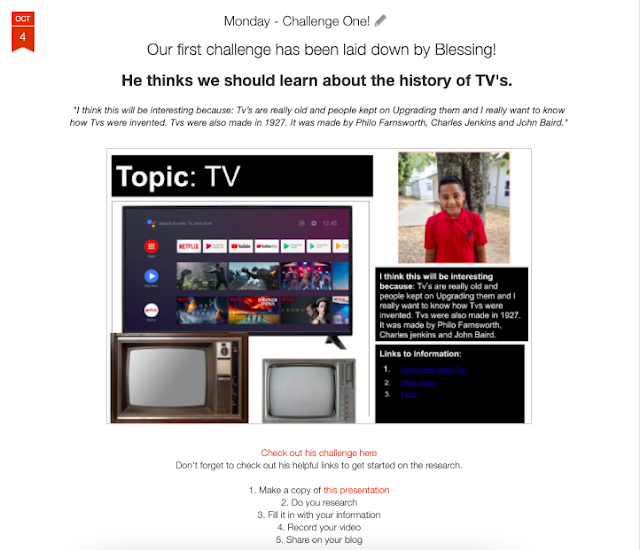This week I have been thinking about my next steps for my inquiry for next year. I want to use what I have discovered and found out this year and build on this again for 2022. This is what I have been thinking about so far...
The achievement challenge that I am considering as an area of focus in 2022 is “Lift the achievement in Reading for all students, with a particular focus on boys and Māori students (both genders) years 1-13. “ I am passionate about reading as I believe it is an important curriculum subject which leads into maths and writing. Reading can have an impact on learners' ability to access these other curricular areas and succeed in them.
This was a focus of my MIT inquiry in 2019 which I have continued to inquire into throughout this year. My MIT inquiry focused on my learners reading between the ages of 7-9 years creating a digital tool for reading levels purple, silver and gold. I have continued to use this tool in the classroom this year and as a team have used many of these generic templates while working with our reading groups. Looking ahead to 2021 the data of our year 5’s currently show we have a large number of readers who are reading below the age of 7 years and many stuck in that 7-8 age bracket.
As a school this year we have been having in-depth reading PD which has been valuable in my own teaching practice and working on this with my learners in the classroom. In our reading PD this year I have learnt many skills in how to work with our learners who are considered to be below and well below in reading. I believe that continuing to focus on this as an inquiry for next year will benefit my learners in reading achievement and help strengthen my teaching in this area.
I have looked into some of the other CoL teachers from this year and their inquiries. One which stood out was Latini’s inquiry looking into raising reading achievement in her year 7 and 8 learners and getting them ready for high school. Looking at her data many of these learners are reading between and below that 8-9 age bracket. By inquiring into this next year I think it would be helpful in order to get our year 5 and 6 learners to accelerate learning past these levels in order for our year 7 and 8 teachers to focus on other areas for our students to be successful in high school. Christine’s inquiry has also shown that vocabulary is an important area in reading to focus on which I will take on board into my inquiry next year. Vocabulary is an area that my learners also need to focus on in order to make an accelerated shift in reading.
Focus on acceleration of reading using learn, create and share. Having the students share reading which is giving different ways of sharing reading and in a context that is familiar to the learners. This will focus on having 1.5 x acceleration in reading through the learn, create and share model.
Woolf fisher research has shown that we need to focus on explicit teaching of reading and not just have follow up tasks that are questions straight from the text. We have worked as a team this year to use generic reading tasks which allow us as teachers focus on deliberate teaching of skills. The learners can then take ownership of their learning and read other journals and then have tasks that are generic and able to be completed without deliberate teaching of that particular journal article or story.
I would like to continue PD on reading and how best to teach this in the classroom. Being involved in CoL PLD will help with my learning and knowledge in this area and think critically about what I am doing and why I am doing it. I got so much out of the PLG from CoL this year and new ways of teaching and collaborating ideas with other teachers with the same purpose of teaching and learning so I think that it is an important part of sharing and learning with others. I hope to be able to share not only with my team at school and others within my school but also with other teachers in the CoL.








